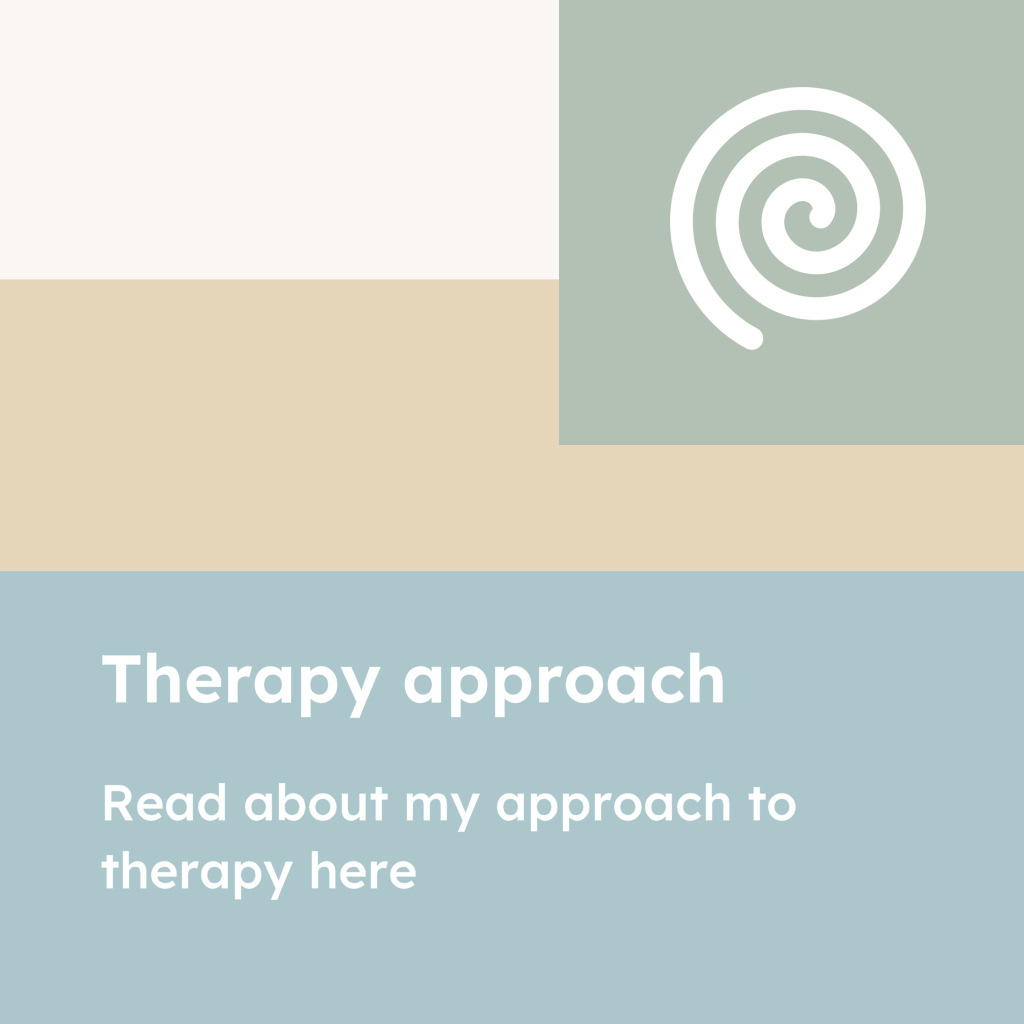The kids are all right, aren’t they?
Most parents of young adult children (ages 18 to 34) say their children’s successes and failures reflect on the job they have done as parents. The saying that you are only as happy as your least happy child seems to hold true, especially for upper-income parents. Not surprisingly, parents note that they are very involved in the lives of their young adult children. And here involvement can mean a few different things: from texting or talking on the phone to providing financial and emotional support to tracking the young adult’s location with GPS apps.
Moms appear to be doing a better job than dads. Young adults are in more frequent contact with their moms, and turn to them for advice quite frequently. They feel that it is easier to be their true selves when mom is around—and this is particularly common to mother-daughter relationships. About six-in-ten parents say they have helped their children financially in the past year. In turn, about 70 percent of young adults seem to be comfortable with their parents’ level of involvement in their lives. Still, close to 25 percent of them wish their parents were more involved, while only 9 percent say their parents are over-involved.
Generally, parents tend to have a positive and optimistic evaluation of the relationship with their young adult children. Close to 80 percent of parents say their relationship with their children is very good, if not excellent. In contrast, 60 percent of young adults say their relationship with their parents is very good or excellent. And, when they turn to their parents for advice, they do not normally share all the concerns they have. For example, while 68 percent of young adults talk to their parents about their financial situation or career issues, only 47 percent disclose mental health problems to them. Moreover, 51 percent of the older young adults say they rarely or never went to their parents for advice when they were in their 20s and 30s.
As I read the Pew Research Center report, I noticed a significant gap between parents and their children. Quite consistently, the parents in this survey are more optimistic than young adults when evaluating the strength of the relationship. And the higher the socioeconomic status, the rosier the picture.
In contrast, their children seem to be more cautious and, perhaps, less reluctant to share some of their concerns with their parents. At the same time, as shown in a report by Harvard University’s Making Caring Common Project, young adults are reporting twice the rates of anxiety and depression as teens. They identified several drivers of these emotional challenges, including a lack of meaning and purpose, financial worries and achievement pressure, a general sense that “things are falling apart,” loneliness, and social and political issues.





